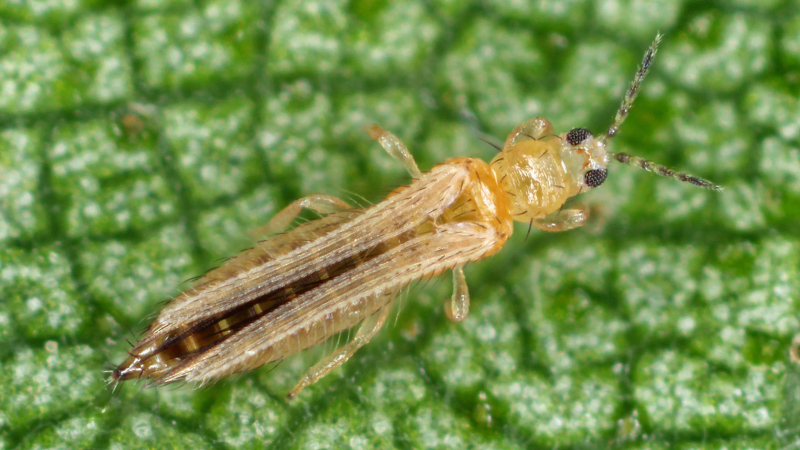Biomass Subsidies Could Impact Mulch And Pine Bark Prices
A seemly innocuous program that came out of the 2008 Farm Bill could end up having major consequences on nursery production and retail by substantially increasing the price of mulch and pine bark – and in some cases causing suppliers to withhold it entirely.
The legislative team at the American Nursery & Landscape Association is already mobilizing with the Society of American Florists and the Mulch & Soil Council to stay on top of the situation and potentially lobby for action if needed.
At issue is the Biomass Crop Assistance Program, which had the original intent of creating incentives for new clean energy biomass fuel sources like miscanthus, switchgrass and bamboo, among other crops.
However, the program has mutated based on the U.S. Department of Agriculture’s interpretation to include subsidies for wood fiber products, including pine bark and the bark used to make mulch products.
“This is one of those rare issues that has an effect over the spectrum of the vertically integrated green industry,” says Corey Connors, director of legislative relations at ANLA. “The effect this will have on the industry is gigantic. A $45 subsidy per ton of woody biomass means for pine bark double or tripling the price that’s used for container production. On the mulch side it could also double or triple the price.”
Nurseries in Alabama have already told ANLA representatives that pine bark suppliers stopped selling to them completely in the hopes of selling the product at a far more lucrative price to biomass industry. Pine bark makes up a substantial amount of the substrate used to grow nursery stock.
Nurseries and retail garden centers aren’t the only industries affected by the new subsidies, either. The paper and building materials industries will also feel the bite and are mounting defenses against the subsidies.
In response, the USDA has proposed new rules that would allow the subsidy only on wood products that are essentially waste and have no value to other industries. Connors, however, fears the USDA lacks enforcement power to regulate the rules, which are already relatively vague and likely won’t be further defined. A more effective fix may have to come through new legislation, he adds.
In the meantime, the USDA is accepting comments on the new rules posted in the Federal Register through April 9.
“If this goes into effect (30 days after April 9), there will be an immediate disruption of the market,” Connors says, based on the discussions he’s had. “People could instantaneously stop selling because the value of these materials will be radically disturbed in a heavily subsidized market.”
ANLA is in the process of creating sample letters that will be posted in the next day or two at www.anla.org that industry members can send to USDA to be included in the comment period. ANLA also will be mobilizing with SAF and the Mulch & Soil Council to prepare discussions with key Congressional leaders and the appropriate committee members to insure the green industry’s voice is heard on the issue.
“Every once in a while this type of issue crops up, and that’s why it’s important to have a national association supporting the industry that has the resources to take on issues like this,” says Bob Dolibois, ANLA executive vice president.
Click here to read the USDA rules for the Biomass Crop Assistance Program in the Federal Register.
Keep checking GreenhouseGrower.com and www.anla.org for updates on this issue.










